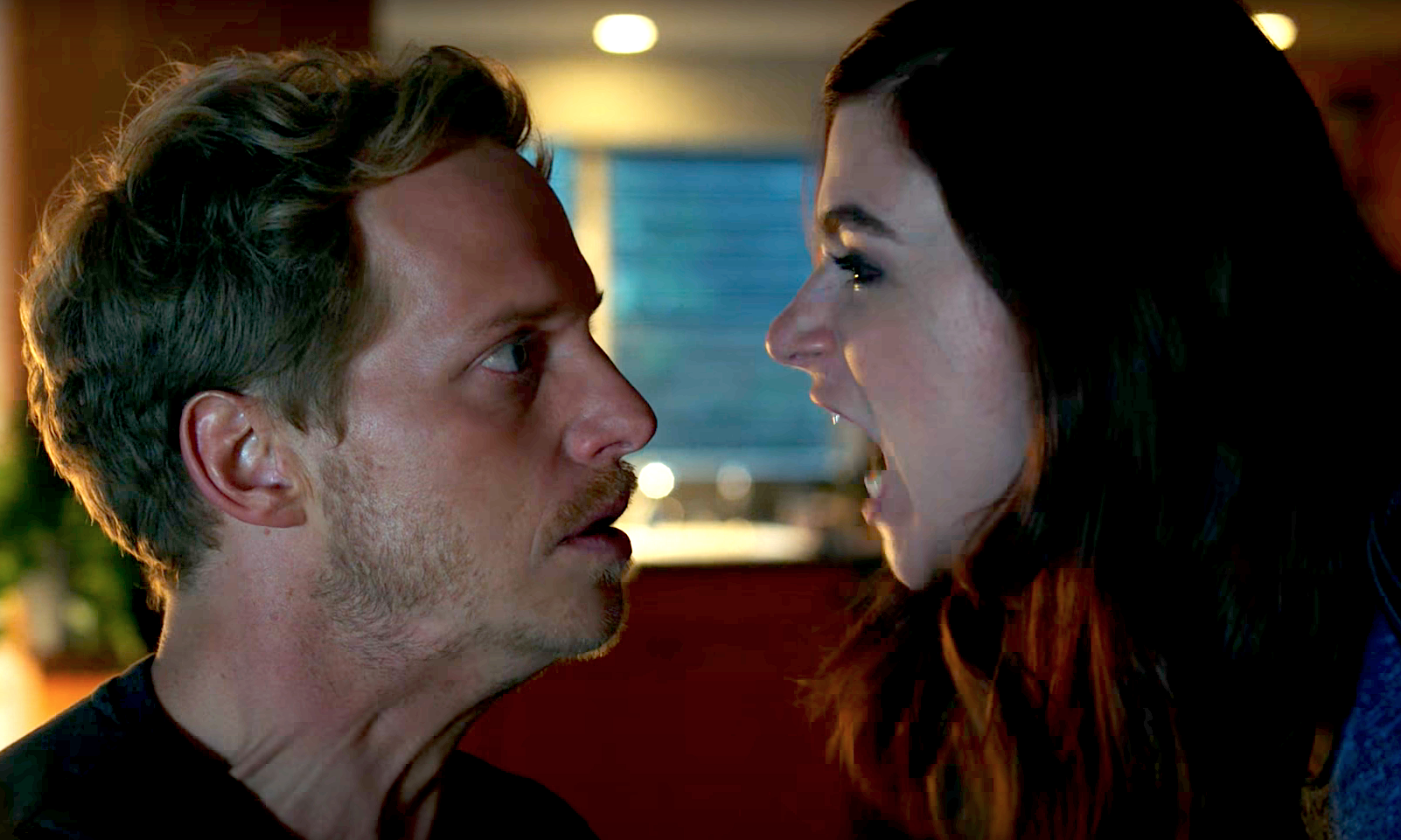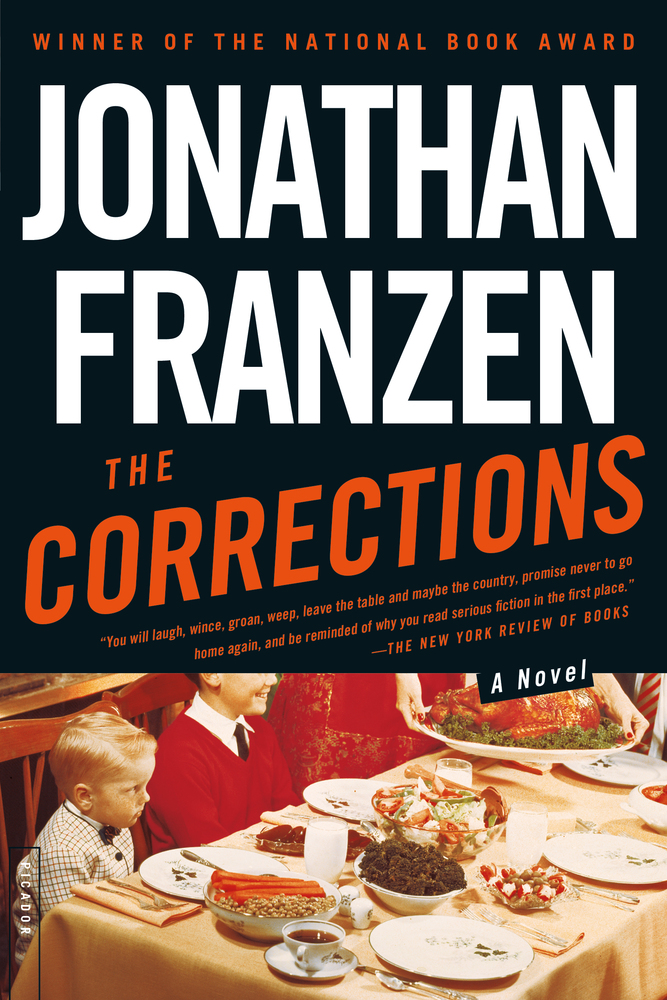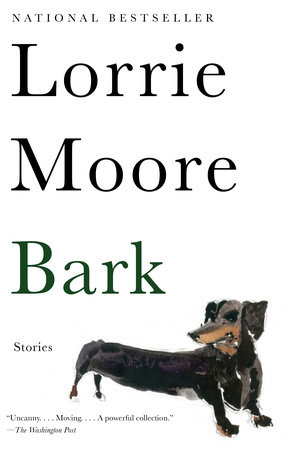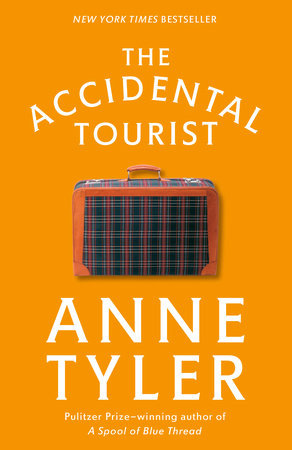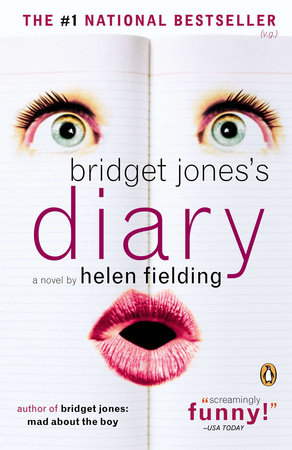If you enjoy reading Electric Literature, join our mailing list! We’ll send you the best of EL each week, and you’ll be the first to know about upcoming submissions periods and virtual events.
Dark humor. Wry, mordant. Frame it however you want—yin and yang, chiaroscuro, tragedy and comedy—nothing is more life-affirming, nothing makes me feel more connected to humanity, more humbled by the resiliency of the human spirit, than a person’s ability to crack a joke at a low point.
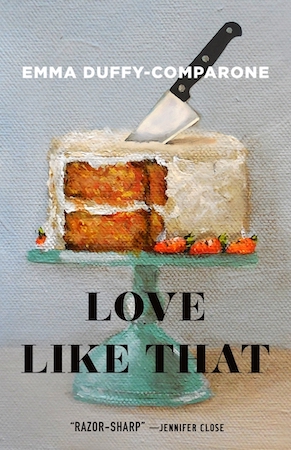
The women and girls in my collection, Love Like That, are all screwing up: they’re in the wrong jobs, in the wrong dress, the wrong shoes. They’re on the wrong vacation. They’ve made the wrong plans, the wrong friends, the wrong move. They’ve said the wrong thing. They’re with the wrong men. But they possess, I think, the self-awareness to understand this, and it’s at this intersection of self-awareness and pain where a certain kind of humor is born. For me, there is nothing more generous than the gift of someone else’s messiness laid bare, of someone else’s vulnerability and frankness, especially about themselves. And what better terrain for rawness and honesty, for the simple admission that life can be really fucking absurd, than relationships?
Here are a few books that break up the dark with some light, whose characters make me laugh and wince with recognition.
The Corrections by Jonathan Franzen
The book is essentially a novel in novellas, each dedicated to a member of the Lambert family—Alfred and Enid and their adult children, Chip, Gary, and Denise. While the whole thing is, I think, a masterpiece—darkly, darkly funny—the one that really kills me is about Gary. It’s the roller coaster of domesticity at its best:
“To feel nothing, not the feeblest pulse in the dead mouse from which his urine issued, for three weeks, to believe that she would never again need him and that he would never again want her, and then, on a moment’s notice, to become light-headed with lust: this was marriage as he knew it.”
Bark by Lorrie Moore
Moore’s latest collection is a beauty, but even if you just read the first story, “Debarking,” about a divorced guy trying to date a woman who, among other red flags, wrestles in bed with her teenage son and habitually carves little naked boys out of wood, you’d have got your money’s worth. I laugh, in that sick way, on every other page. At this, for example:
“He thought about the moment, just the night before, at dinner, when she’d said, “I love your mouth most when it does that odd grimace thing in the middle of sex,” and then she contorted her face so hideously that Ira felt as if he’d been struck.”
Dept. of Speculation by Jenny Offill
This novel’s narrator and her observations are so exquisitely mordant that my mouth kind of waters the whole time. You can close your eyes, drop your finger onto a random page, and pull up an example. Like this:
“Sometimes I find myself having little conversations in my head with the punk rock kids upstairs.
You know what’s punk rock about marriage?
Nothing.
You know what’s punk rock about marriage?
All the puke and shit and piss.”
The Accidental Tourist by Anne Tyler
Anne Tyler is a master of the dark/light thing. The backdrop of this novel is deeply sad—Macon Leary’s young son has been killed in a robbery, and in the opening pages his wife asks for a divorce—but a warm, humorous quirkiness soon fills the pages of the book, whether it’s Macon’s adult siblings, who organize their pantry alphabetically, or Muriel Pritchett, the eccentric dog-trainer he falls in love with. One of my favorite scenes is early in the book when Macon, reeling from his recent separation, devises a ridiculous housework system:
“What he did was strip the mattress of all linens, replacing them with a giant sort of envelope made from one of the seven sheets he had folded and stitched together on the sewing machine…At moments—while he was skidding on the mangled clothes in the bathtub or struggling into his body bag on the naked, rust-stained mattress—he realized that he might be carrying things too far. He couldn’t explain why, either.”
Olive Kitteridge by Elizabeth Strout
I’ve been hearing the term “unlikable women” a lot and wondering what people mean by that, and sometimes all I can come up with is that it has something to do with a sharpness, a bite, that we seem to have a problem with women who don’t mince words. But these are my favorite kind of women, and Olive Kitteridge is one of my favorite characters: incorrigibly honest, often wickedly funny, strong and fearless, her big heart beating. Here is a little taste of her:
“She must not hear him because of the water running into the sink. She is not as tall as she used to be, and is broader across her back. The water stops. ‘Olive,’ he says, and she turns. ‘You’re not going to leave me, are you?’
‘Oh, for God’s sake, Henry. You could make a woman sick.’”
What Was She Thinking?: Notes on a Scandal by Zoë Heller
OK, I suppose Barbara Covett, the narrator of this novel, is kind of unlikable, and the way she carefully cultivates a friendship with her sensual colleague, Sheba Hart, reads anywhere from simply desperate to sinister. I’m nervous the whole way through. But she is human and she is hurt, and our uglier but no less human emotions—jealousy, obsession, vengefulness, pettiness, despair—are all on the table in this wickedly, wickedly mordant account of her obsession with Sheba, and Sheba’s affair with her 15-year-old student:
“Connolly is not pretty in the slightest. He is a coarse-looking fellow, with lank hair the colour of pee and a loose, plump-lipped mouth. His nose, owing to a childhood accident (an ardent game of kiss-chase, an unanticipated pothole) is quite badly off-centre. His eyes are heavy-hooded and so downturned as to bring to mind a tragedy mask. Sheba insists that he has superb skin, and it is true, I suppose, that he has been spared the sort of suppurating carbuncles to which boys of his age are prone. But what she refers to as his olive complexion has always struck me as rather dingy. I can never lay eyes on the boy without wanting to give his face a good going-over with a hot flannel.”
Bridget Jones’s Diary by Helen Fielding
I know, but it is actually really good and Helen Fielding is actually really funny. This personal account is on the lighter side, but Bridget suffers a fair amount of blows to her self-esteem, which she relays in her droll, wry, self-deprecating diary entries. She flops around like the best of us, and it’s the kind of book where you think, if Bridget can muscle through that kind of day, so can I:
“Completely exhausted by entire day of date-preparation…Sometimes I wonder what I would be like if left to revert to nature—with a full beard and handlebar moustache on each shin, Dennis Healey eyebrows, face a graveyard of dead skin cells, spots erupting, long curly fingernails like Struwwelpeter, blind as bad and stupid runt of species as no contact lenses, flabby body flobbering around. Ugh, ugh. Is it any wonder girls have no confidence?”
